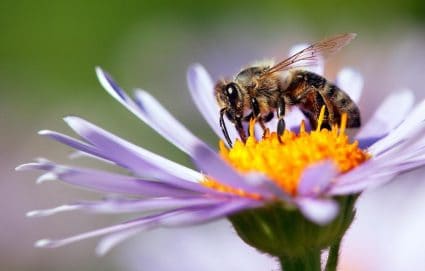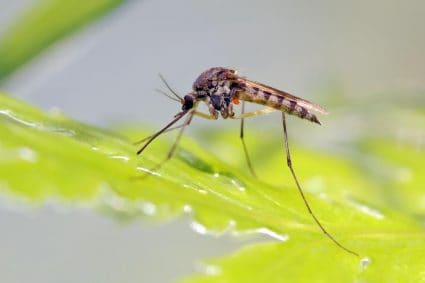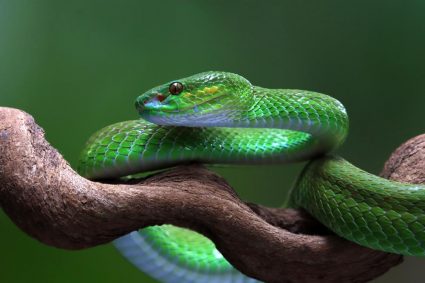
Raccoons, while often cute and seemingly harmless, can be a nuisance when they invade our homes and gardens. These intelligent and adaptable creatures are known for their curiosity and dexterity, which can lead to various problems, including property damage and potential health risks. Fortunately, there are several effective methods to repel raccoons and keep them at bay. This comprehensive guide will explore the various techniques and measures you can take to make your home less inviting to these pesky critters.
Raccoons can be repelled using various methods such as natural repellents like cucumber, vinegar, ammonia, garlic, cayenne pepper, and peppermint oil. Commercial repellents that contain ingredients like predator urine or irritants are also effective. Making your home less inviting by sealing access points, securing your garbage, removing potential food sources, and installing an electric fence can help. Additionally, using sound and light, like motion-activated lights or a loud radio, can deter raccoons.
Natural Repellents
Raccoons have a keen sense of smell, which you can use to your advantage when trying to repel them. Certain scents are particularly unpleasant to raccoons and can effectively deter them from your property.
- Cucumber: Planting cucumber around your fence or garden can help keep raccoons at bay, as they dislike the smell of this vegetable.
- Vinegar or Ammonia: Soak tennis balls in vinegar or ammonia and place them around your property.
- Garlic and Cayenne Pepper: You can create a repellent spray by mixing garlic or cayenne pepper with water.
- Peppermint Oil: This strong aroma can irritate raccoons’ smell receptors, making it an effective natural repellent.
Commercial Repellents
There are a host of commercial repellents available that can help you in your battle against raccoons. These repellents often contain ingredients such as predator urine or irritants like pepper oil, capsaicin, or piperine. These substances can make raccoons feel threatened or uncomfortable, discouraging them from entering or staying in the treated area.
Making Your Home Less Inviting
The key to effectively repelling raccoons is to make your home less appealing to them. Here are some practical steps you can take:
- Seal access points: Raccoons can squeeze through small openings, so make sure to seal any potential entry points to your home.
- Secure your garbage: Raccoons are notorious for rummaging through trash. Use tightly fitting lids and secure your garbage bins to prevent easy access.
- Remove potential food sources: If you have pets, make sure to bring their food indoors at night.
- Install an electric fence: If you have a garden, consider installing an electric fence to protect your plants and fruits.
Using Sound and Light
Raccoons are nocturnal animals and are generally afraid of light. Motion-activated lights can be particularly effective in scaring them away. In addition, specific sounds and noises, such as a loud radio or rattling cans, can also help deter raccoons.
Conclusion
Repelling raccoons requires a combination of methods and persistence. While some of these measures may provide immediate relief, others may require time and consistency to show results. Remember, the goal is not to harm these creatures, but to create an environment that is less attractive to them. If raccoons continue to be a problem, consider seeking professional help.
Frequently Asked Questions
How often should I reapply natural repellents?
Natural repellents like cucumber, vinegar, or pepper mixtures should be reapplied every few days or after heavy rain.
Can I use commercial repellents indoors?
Yes, some commercial repellents are safe for indoor use. However, always read and follow the instructions on the product label.
Will sealing access points harm raccoons?
No, sealing access points will not harm raccoons. It will merely prevent them from entering your home.
Are motion-activated lights harmful to raccoons?
No, motion-activated lights are not harmful to raccoons. They simply startle them and discourage them from coming near your property.
What kind of professional help should I seek if raccoons continue to be a problem?
If raccoons continue to be a problem, you should consider contacting a professional pest control or wildlife removal service.











